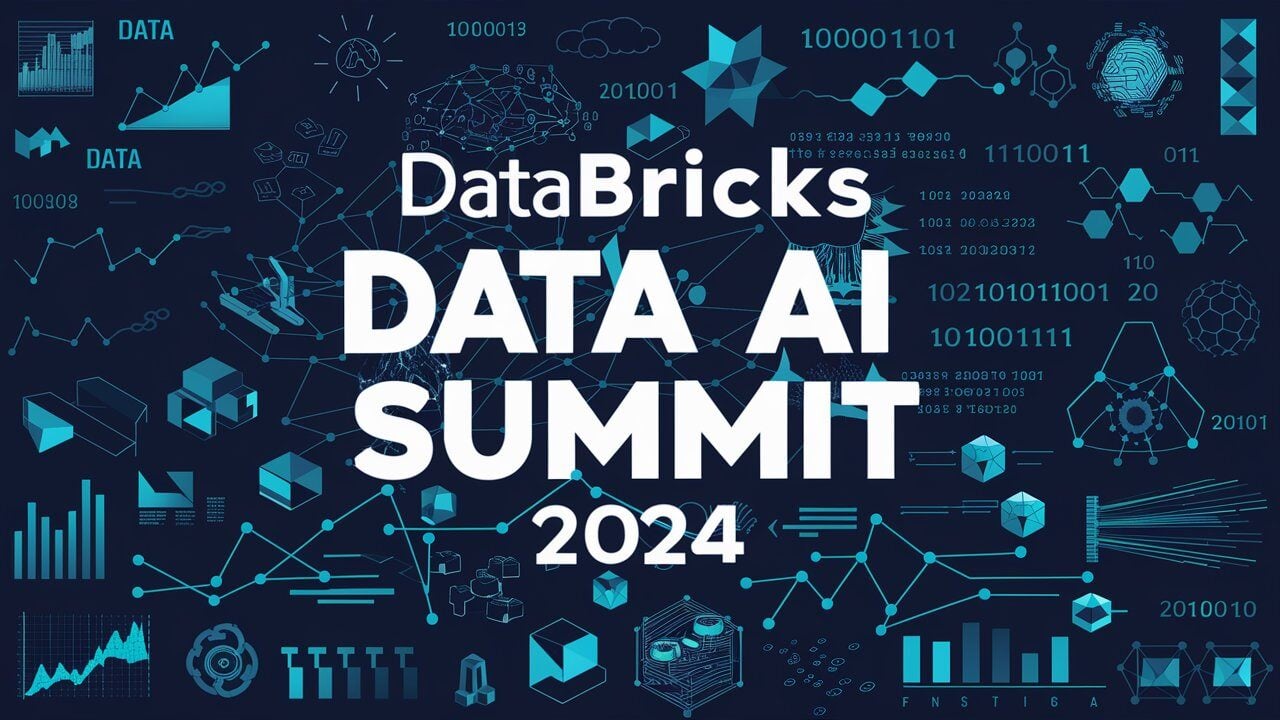The Databricks Data AI Summit 2024 highlighted a significant trend in the data and AI landscape: the democratization of data and AI tools. As AI and data analytics become increasingly integral to business operations, there is a growing need to make these technologies accessible to non-technical users. Databricks is at the forefront of this movement, introducing innovative solutions that enable all users, regardless of their technical background, to leverage the power of data and AI.
The Need for Democratization
In today’s data-driven world, businesses are inundated with vast amounts of data. Extracting actionable insights from this data requires advanced analytics and AI capabilities. Traditionally, these tasks have been the domain of data scientists and engineers. However, the increasing complexity of business environments necessitates broader access to data tools. Empowering non-technical users to utilize AI and data analytics ensures that
organizations can make data-driven decisions at all levels.
Innovations Driving Accessibility
No-Code and Low-Code Solutions
One of the key innovations driving the democratization of data and AI is the development of no-code and low-code platforms. These tools allow users to build data pipelines, create visualizations, and develop AI models without writing complex code. Databricks has introduced several such solutions, simplifying the process of data manipulation and analysis.
- Intuitive Interfaces: Databricks' no-code and low-code tools feature intuitive drag-and-drop interfaces. These interfaces enable users to perform complex data operations by simply dragging and connecting different components. This approach reduces the learning curve and allows users to focus on deriving insights rather than managing technical details.
- Automated Data Pipelines: Building and managing data pipelines is a critical aspect of data analytics. Databricks’ automated pipeline tools streamline this process, allowing users to integrate, clean, and transform data with minimal manual intervention. By automating repetitive tasks, these tools enhance productivity and ensure data accuracy.
Generative AI Capabilities
Generative AI, which involves AI systems that can generate new content based on existing data, is another pivotal innovation. Databricks is leveraging generative AI to enhance its platform’s accessibility.
- AI-Driven Insight: Generative AI tools can analyze data patterns and generate insights automatically. These insights can be presented in natural language, making them easily understandable for non-technical users. This capability allows business users to quickly grasp complex data trends and make informed decisions.
- Personalized Recommendations: Generative AI also powers personalized recommendations, tailoring content and suggestions based on user preferences and behaviors. This feature is particularly valuable in customer-facing applications, where understanding individual user needs can significantly enhance user experience and engagement.
Impact on Business Operations
Enhancing Decision-Making
Access to data and AI tools empowers employees at all levels to
participate in decision-making processes. For instance, marketing teams can use AI-driven analytics to refine their strategies, HR departments can leverage data to improve recruitment and retention, and finance teams can optimize budgeting and forecasting.
Fostering Innovation
When more employees have access to advanced tools, the potential for innovation increases. Non-technical users, who have a deep understanding of business processes but may lack technical skills, can bring fresh perspectives and ideas. Democratized data tools enable these users to experiment with AI and analytics, leading to innovative solutions and improved business outcomes.
Improving Efficiency
Conclusion
The Databricks Data AI Summit 2024 underscored the importance of making AI and data tools accessible to non-technical users. By developing intuitive, no-code, and low-code solutions, as well as leveraging generative AI capabilities, Databricks is leading the charge in democratizing data and AI. This democratization not only enhances decision-making and innovation but also improves efficiency across business operations. As these tools become more prevalent, organizations will be better equipped to navigate the complexities of the modern data landscape and
drive sustained growth.
Facilitating AI Integration with Pacific Data Integrators (PDI)
Integrating Artificial Intelligence into your organization’s process can seem complex, but with Pacific Data Integrators (PDI), it becomes a streamlined and supported journey. Partnering with PDI ensures a seamless transition and enduring success, turning challenges into opportunities. Discover how PDI's tailored retail solutions can transform your business by consulting with our experts today.
You can book a consultation today by visiting us at PDI.
Posted by PDI Marketing Team
Pacific Data Integrators Offers Unique Data Solutions Leveraging AI/ML, Large Language Models (Open AI: GPT-4, Meta: Llama2, Databricks: Dolly), Cloud, Data Management and Analytics Technologies, Helping Leading Organizations Solve Their Critical Business Challenges, Drive Data Driven Insights, Improve Decision-Making, and Achieve Business Objectives.






